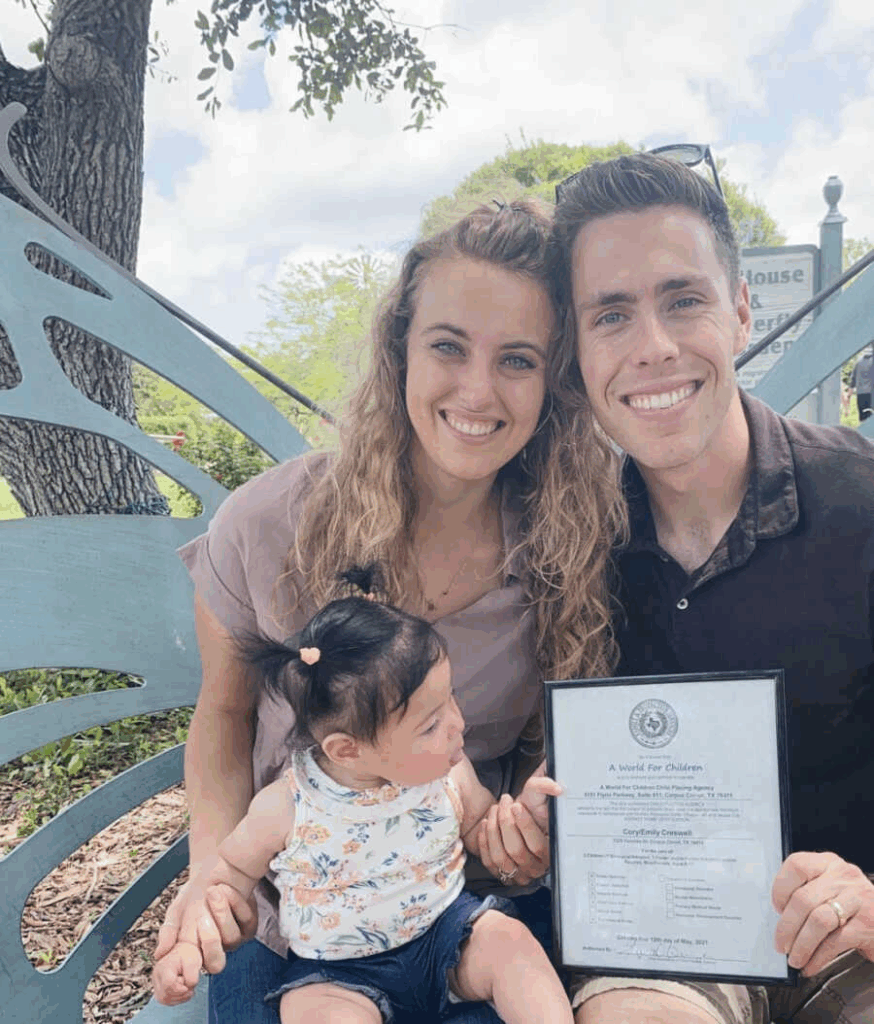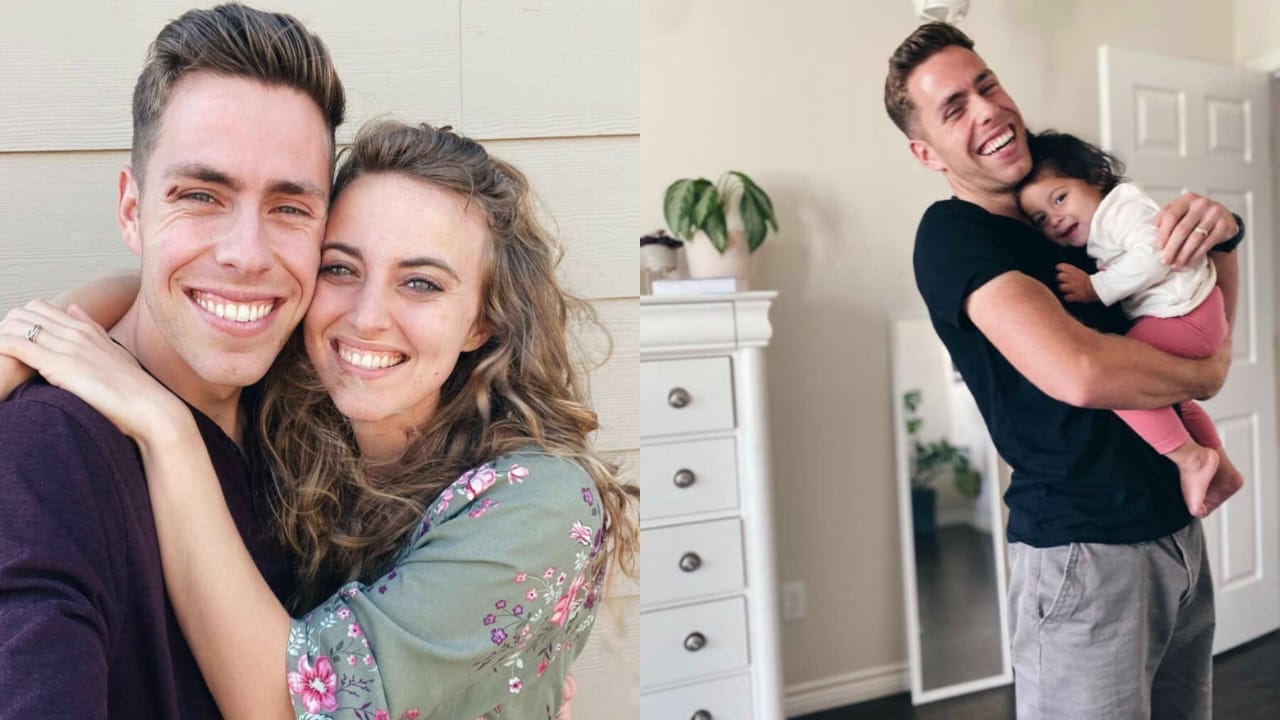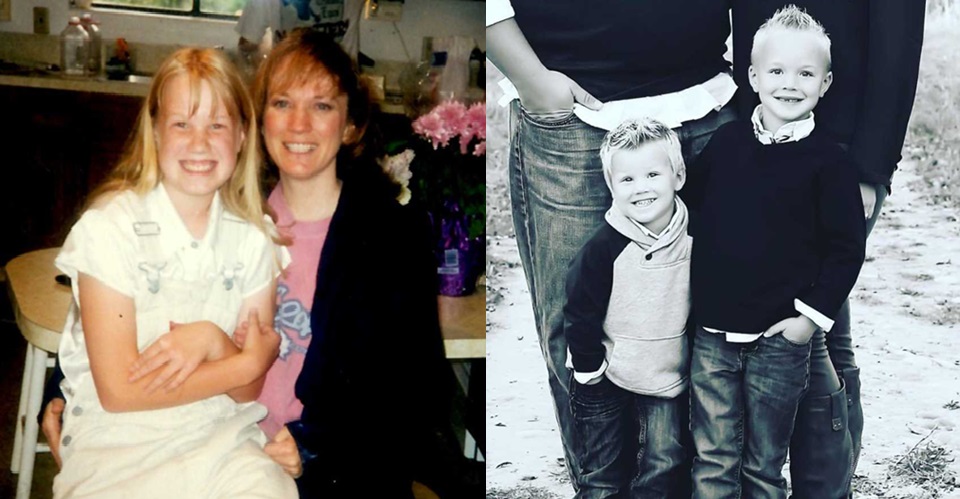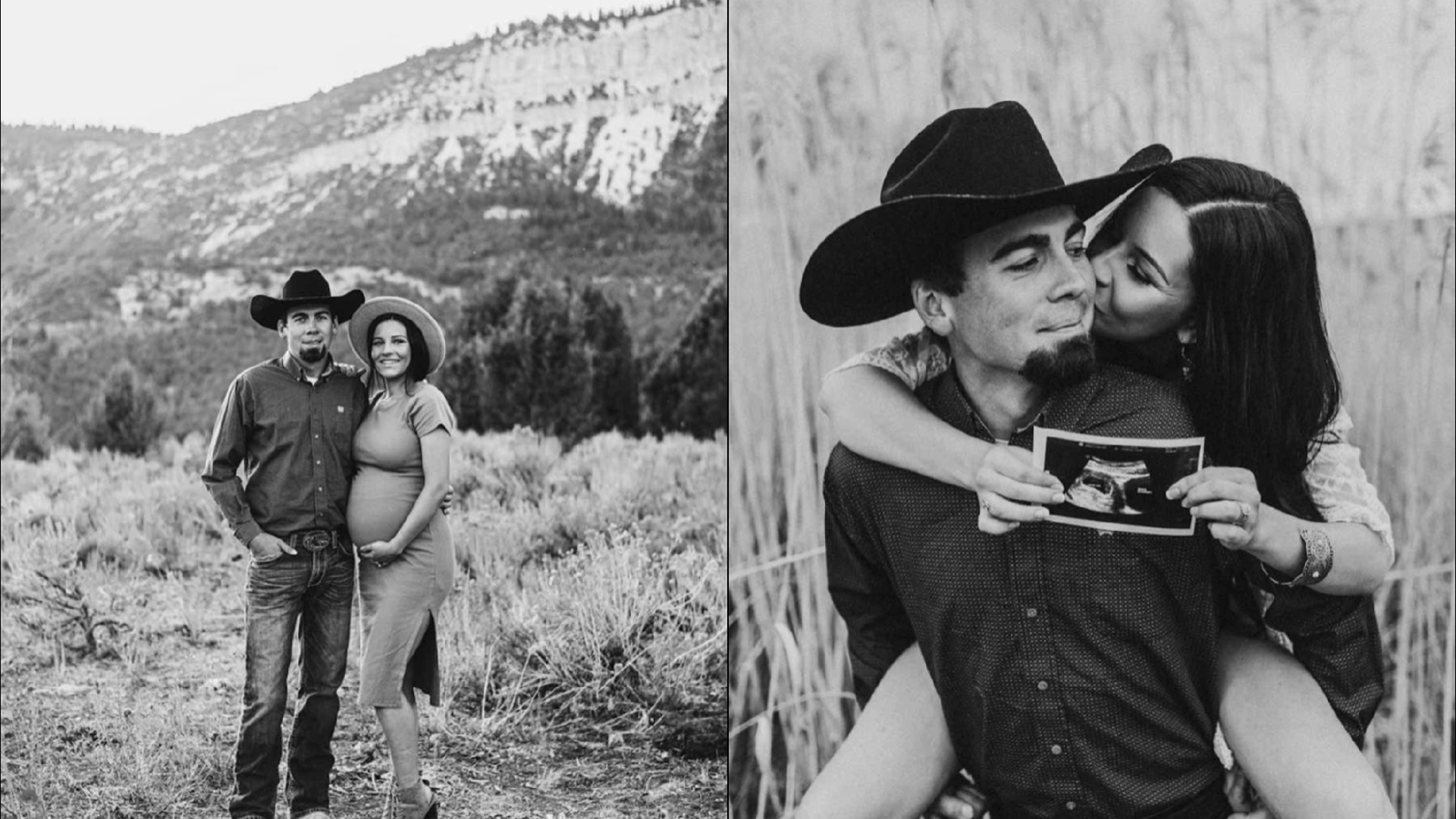When we entered the world of foster care eight months ago, I pictured myself documenting every moment. I thought I’d write weekly updates, capturing both the chaos behind the scenes and the beauty in it all. But once our first placement arrived, the words wouldn’t come. Each time I sat down to write, I’d type a sentence, delete it, and finally shut the computer in frustration. I want to share every moment of foster care but when child came I couldn’t find words what to write about that child I was speechless.

It wasn’t silence because fostering turned out worse than expected it was because I was different than I thought I would be. Before we were licensed, I had devoured resources: podcasts, books, blogs, and conversations with seasoned foster parents.
A common thread kept surfacing: The hardest part wasn’t dealing with the trauma-related behaviors, but rather the deep attachment that forms and the heartbreak of letting go.
Honestly, I thought that sounded like a privilege. Loving fully, even if it meant grieving deeply, seemed like a mission worth embracing. As someone who naturally feels emotions intensely, I was convinced I’d be able to balance that tension of attachment and loss.

But when the phone rang one evening and we said yes to a three-year-old boy, all of my tidy expectations unraveled. I had always imagined us fostering an older girl someone I could sit with, talk through feelings, and slowly build a bond with.
Instead, through the door came a whirlwind of energy. Within minutes, he had torn through the house, toppled books, chased the dog, and managed to bump his head on the counter twice.

As I signed paperwork at the kitchen table that night, I watched him ricochet around the living room. A thought crept in I never expected: What if I can’t attach to this child at all?
The months that followed were filled with chaos and learning curves. We nicknamed him “Little Tigger” because he bounced through life nonstop. The next month was very busy and we name him little Tigger because we always find him full of energy. He was super active all the time.
Slowly, we found our rhythm. Therapy, routines, and time helped him begin to heal, and we celebrated every small milestone in his growth. I wanted to say the story ended neatly there he healed, we bonded, and love blossomed. But the truth was far more complicated.

As he stabilized and his true personality emerged, I struggled more and more to connect. Many of his behaviors pressed every button I had, leaving me exhausted and on edge. Mornings became battles with myself just to get out of bed, knowing the challenges ahead.
Anger became my default at the chaos, at my inability to handle it, and most painfully, at myself for not feeling a natural love toward him.
During this season, I also discovered I was pregnant. The contrast between my instant bond with the baby I hadn’t yet met and the lack of bond with the child already in my care nearly broke me. I wrestled daily with guilt, fear, and frustration. It took counseling, prayer, and leaning heavily on my husband and community to slowly untangle those emotions.
What I learned, however, wasn’t the lesson I expected. My heart wasn’t suddenly flooded with warm feelings or instant connection. Instead, I discovered what it means to love through action rather than emotion. Love became a choice showing up, meeting needs, and continuing to fight for connection even when feelings lagged behind.
Parenting through foster care showed me just how unnatural it can sometimes feel. Biological parents are given nine months to bond, countless sleepless nights to nurture, and years of gradual connection that carry them through the harder stages.

Foster parents often step into the story midstream, without that foundation, yet are still called to love unconditionally.
What I’ve come to realize is that this kind of love is bigger than me. It’s not about personality types or “superpowers.” It’s a daily surrender, a willingness to keep choosing a child even when it feels impossible. And while it may not always look like the glossy stories I once imagined, it is still beautiful in its own way.











